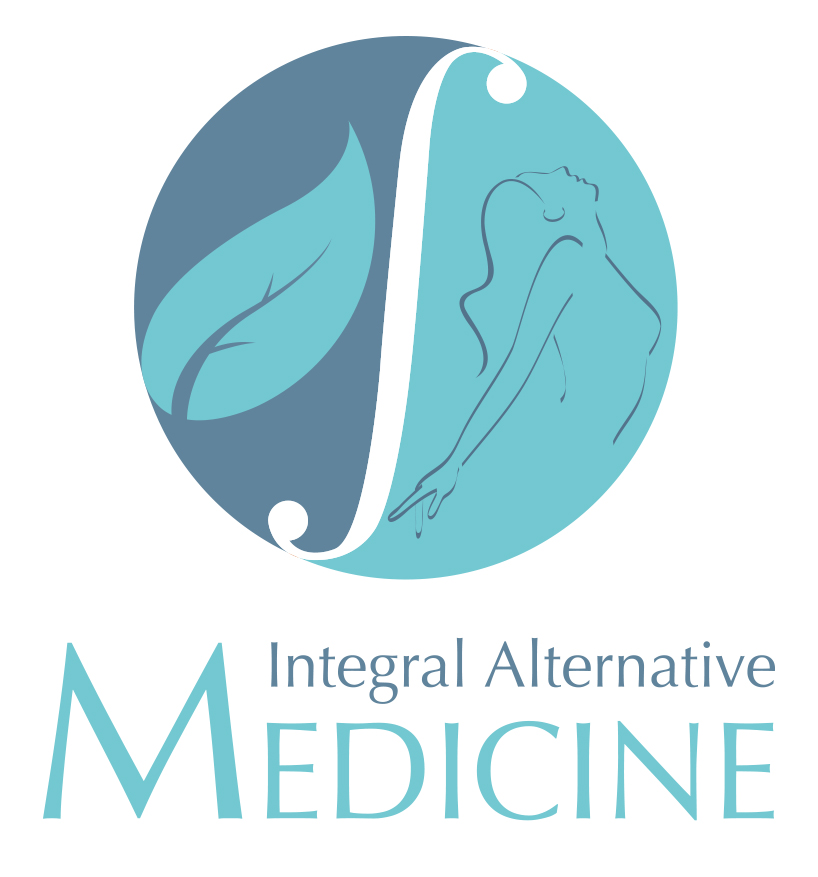
With winter at our doors, many face the unwelcome “winter blues.” For relief, people turn to holistic options beyond conventional medicine, such as acupuncture, herbal remedies, and energy healing. These natural solutions are popular among women over 45, especially those in perimenopause. We’ll explore how these therapies can mitigate winter anxiety and depression, fostering emotional balance and well-being with expert guidance in alternative medicine.
1. Acupuncture: Balancing Body and Mind
How Acupuncture Alleviates Winter Blues
Acupuncture, rooted in Traditional Chinese Medicine, manages winter blues and seasonal depression. By inserting fine needles into specific body points, it restores Qi balance, regulates mood-related neurotransmitters, and promotes relaxation. Focusing on organ systems like the Heart and Kidneys, acupuncture aims to reduce anxiety, depression, and improve sleep and energy levels, offering a drug-free option.
Personalized Acupuncture Sessions
Acupuncturists tailor treatment plans for each individual, essential for seasonal depression. Initial assessments identify energy imbalances. Customized sessions may include herbal remedies, dietary recommendations, and lifestyle changes, fostering emotional balance and clarity.
Benefits of Regular Acupuncture Treatments
Regular treatments maintain Qi equilibrium, crucial for emotional resilience. Consistent sessions reduce symptoms like anxiety and fatigue, improve sleep, boost energy, and strengthen the immune system, empowering patients to manage mental health naturally.
2. Herbal Remedies for Seasonal Depression
Top Herbs for Seasonal Mood Swings
Herbal remedies offer natural mood support. St. John’s Wort, Ashwagandha, Rhodiola Rosea, and Saffron are known for boosting serotonin and improving mood. Integrating these herbs into a routine, with healthcare guidance, supports natural management of seasonal depression.
Crafting Herbal Teas for Depression
Herbal teas can soothe winter blues. Blends with St. John’s Wort, lemon balm, chamomile, passionflower, and valerian root provide emotional support. Regular consumption can offer natural relief for seasonal mood swings.
Incorporating Herbal Supplements Safely
Safely incorporating herbal supplements involves consulting healthcare providers, starting with low doses, and ensuring product quality. This approach supports emotional balance naturally.
3. More Holistic Approaches to Consider
Energy Healing Techniques Explained
Energy healing, including Reiki, Qi Gong, and Healing Touch, focuses on balancing subtle energy fields. These methods aid emotional well-being by reducing stress and enhancing stability.
Hypnosis for Mood Enhancement
Hypnosis utilizes the power of suggestion to improve mood. In a trance state, individuals are open to positive affirmations. Safe with certified practitioners, hypnosis can be integrated with other therapies for comprehensive emotional support.
Combining Methods for Optimal Results
Combining acupuncture, herbal remedies, energy healing, and hypnosis offers effective management of seasonal mood swings. Each therapy provides unique benefits, creating a synergistic effect. Personalized plans with healthcare providers maximize benefits and ensure tailored support, promoting resilience and optimism.
4. Reach Out for Personalized Support
If you find yourself struggling with seasonal depression or the winter blues, consider reaching out to Integral Alternative Medicine. Dr. Maria Cristina Torres is dedicated to helping you restore emotional balance and well-being through personalized holistic therapies. Whether it’s acupuncture, herbal remedies, or energy healing, we offer compassionate, tailored support to guide you on your journey to feeling your best. Don’t let the winter shadows linger; contact us today to explore natural solutions that empower you to embrace the season with optimism and vitality.
Disclaimer: This article contains general information about health topics and it is for educational purposes only. It does not constitute medical advice. If you have any questions related to your condition you should contact your doctor or healthcare provider. If you think you may be suffering from any medical condition, you should seek immediate medical attention.


